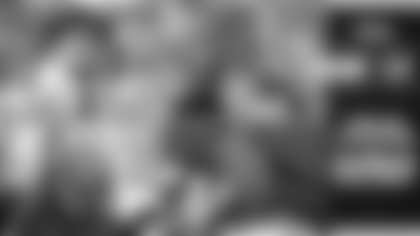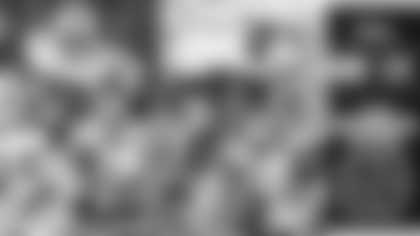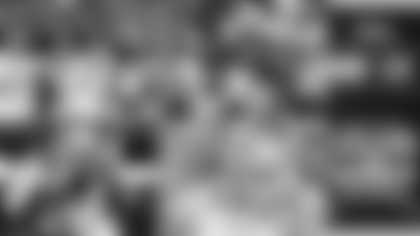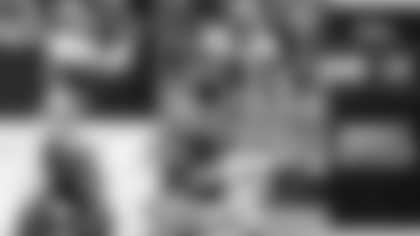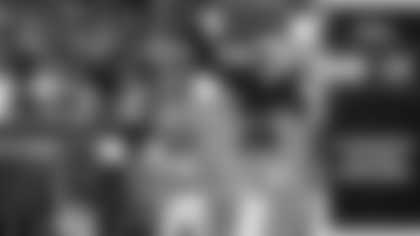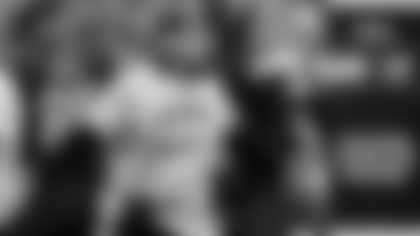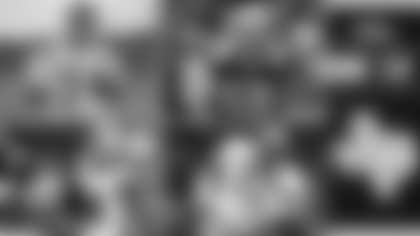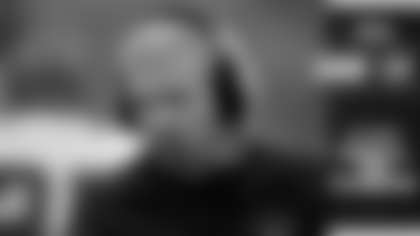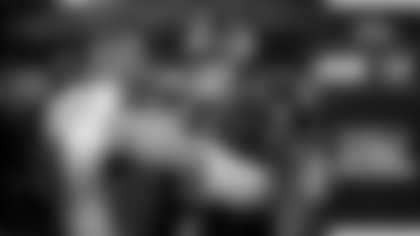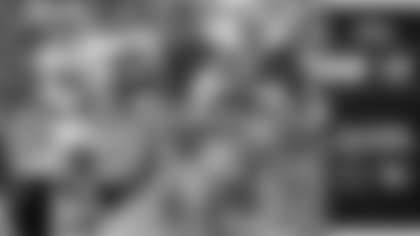Rank'Em
Rank'Em: Best Picks By Round in Cowboys History
Who was the best selection for each round in the Cowboys' draft past? The time has come to take a look back at the A-plus picks in the team's history.
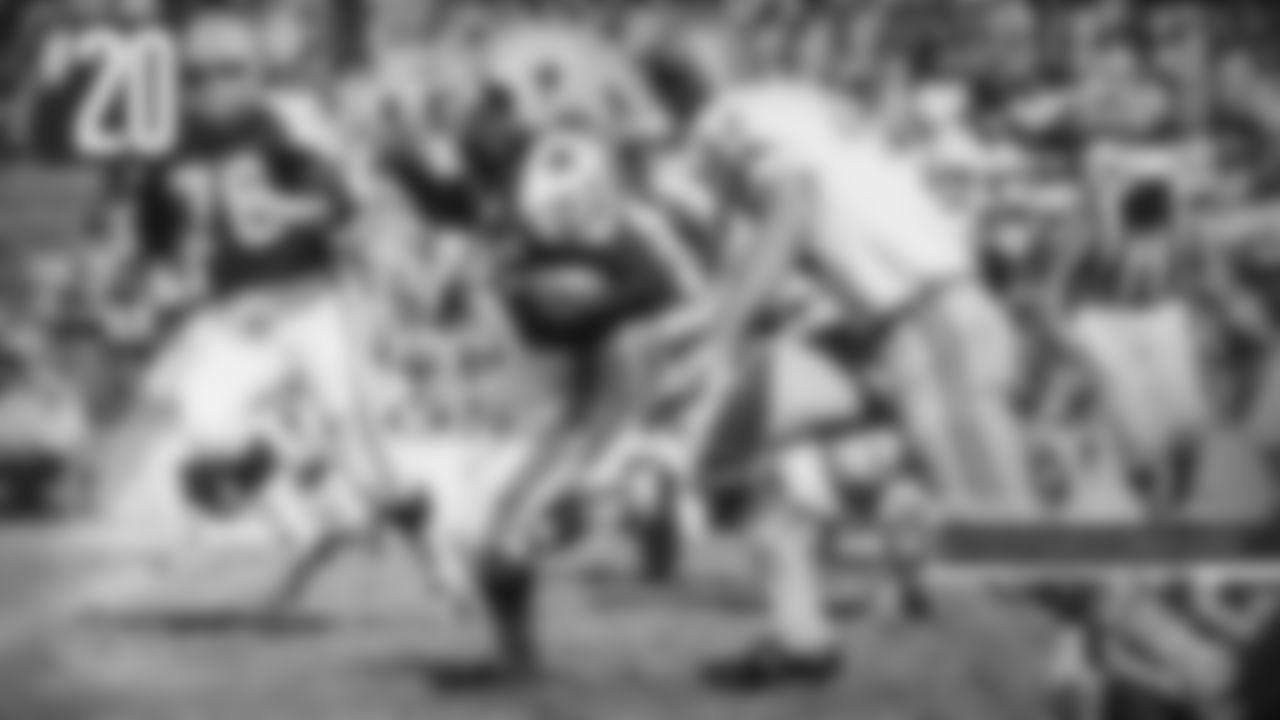
Round 20 – Amos Bullocks (1962): Believe it or not, the Cowboys actually drafted a Hall of Famer in the last round of the 1966 draft. Of course, Lou Hudson's success would come on the basketball court, as the six-time All-Star averaged 20.2 points per game over his 13-year NBA career. For the Cowboys, Bullocks was a special teamer and backup to Don Perkins at running back for two seasons, reeling off a 73-yard touchdown run in his rookie year.
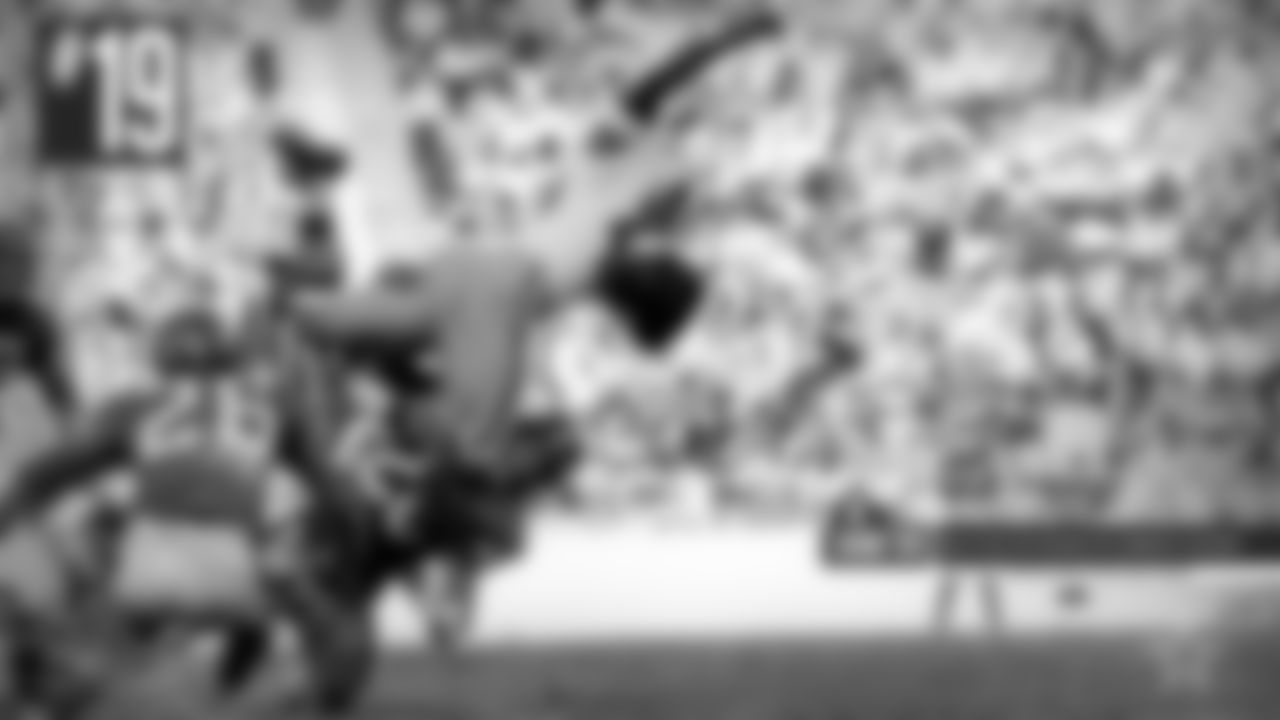
Round 19 – Jim Stiger (1963): Stiger was a solid backup running back in his two-plus seasons with the Cowboys, but where he really made his mark was on special teams as he ranked 10th in the NFL with 573 combined kickoff and punt return yards as a rookie. The most intriguing name on the list, though, was Merv Rettenmund, who was selected in 1965. There was just one problem: Unbeknownst to the Cowboys, he signed a contract with the Baltimore Orioles the day before the draft. He went on to play 13 seasons in the Major Leagues, winning World Series titles with both the Orioles in 1970 and the Reds in 1975.
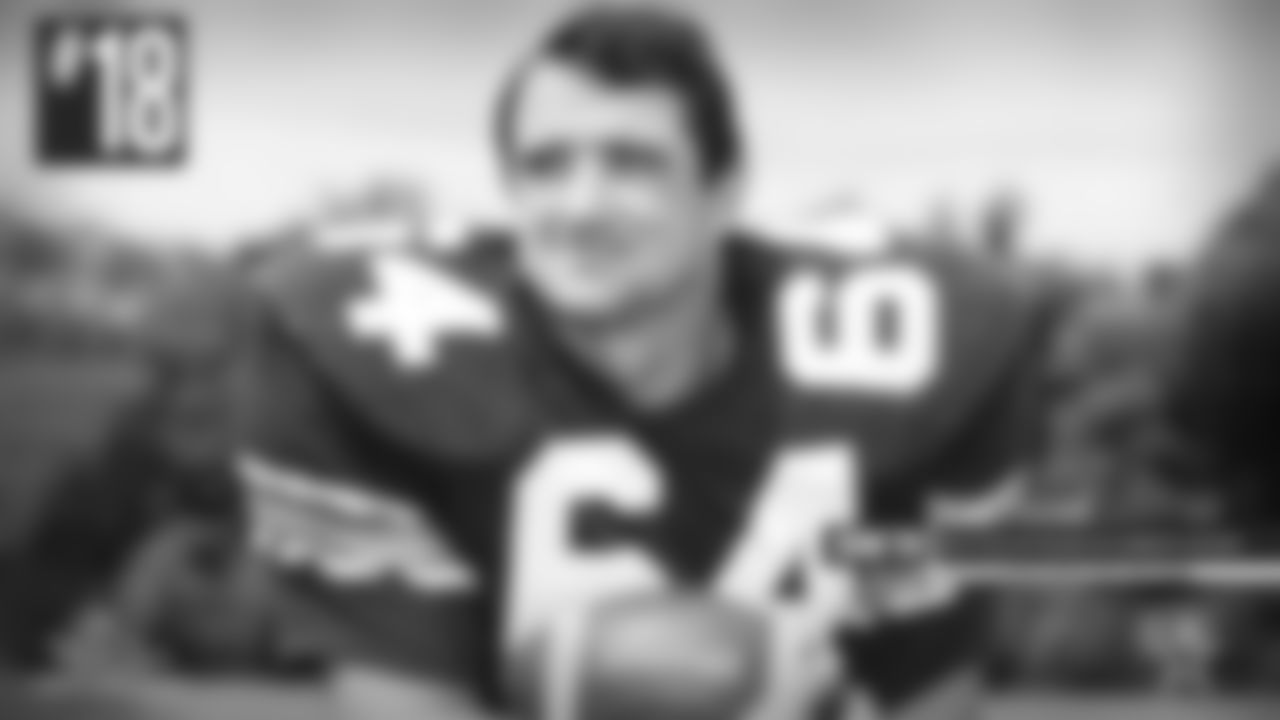
Round 18 – Bill Frank (1963): Afraid Frank gets the nod by default as he's the only player selected in the round to ever appear in a game for the team. He actually spent the 1962 season in the CFL, who still held his rights, so the Cowboys had to eventually trade running back Amos Bullocks to the BC Lions to get Frank. In addition, Frank was also drafted by the AFL's San Diego Chargers in 1963 and signed a contract with them as well, which had to be voided. All of that for four games with one start in 1964. The next season he was back in the CFL where he would go on to become a Canadian Football Hall of Famer.
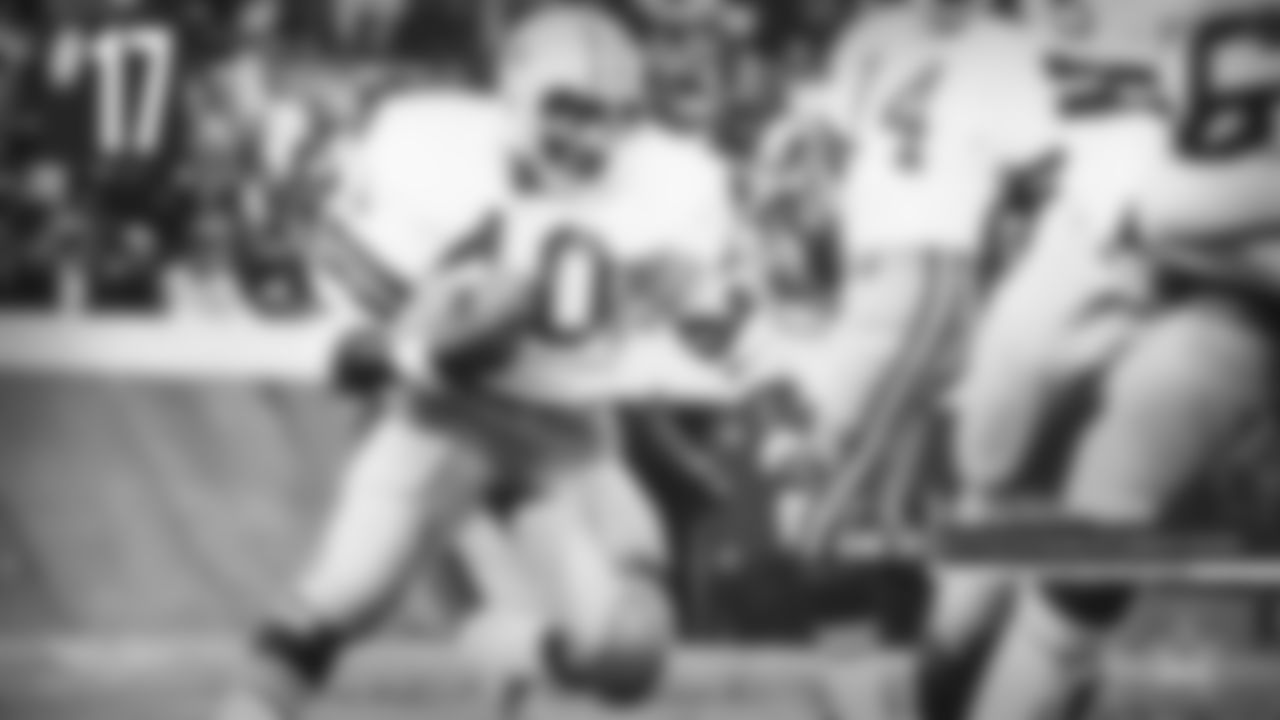
Round 17 – Les Strayhorn (1973): Most of the success found in this round came with different teams. Ray Jacobs (1962), Ernie Park (1963) and Bud Abell (1964) all signed with the rival AFL while Lawrie Skolrood (1974) turned down the Cowboys to stay home and play in the Canadian Football League, where he had a long and impressive career. Oh, and John Bomer (1971) is the father of actor Matt Bomer, so there's that. As far as the Cowboys, Strayhorn is the best bet. He played two seasons in Dallas, averaging 5.8 yards per carry in a backup running back role before playing three more years in the CFL as well.
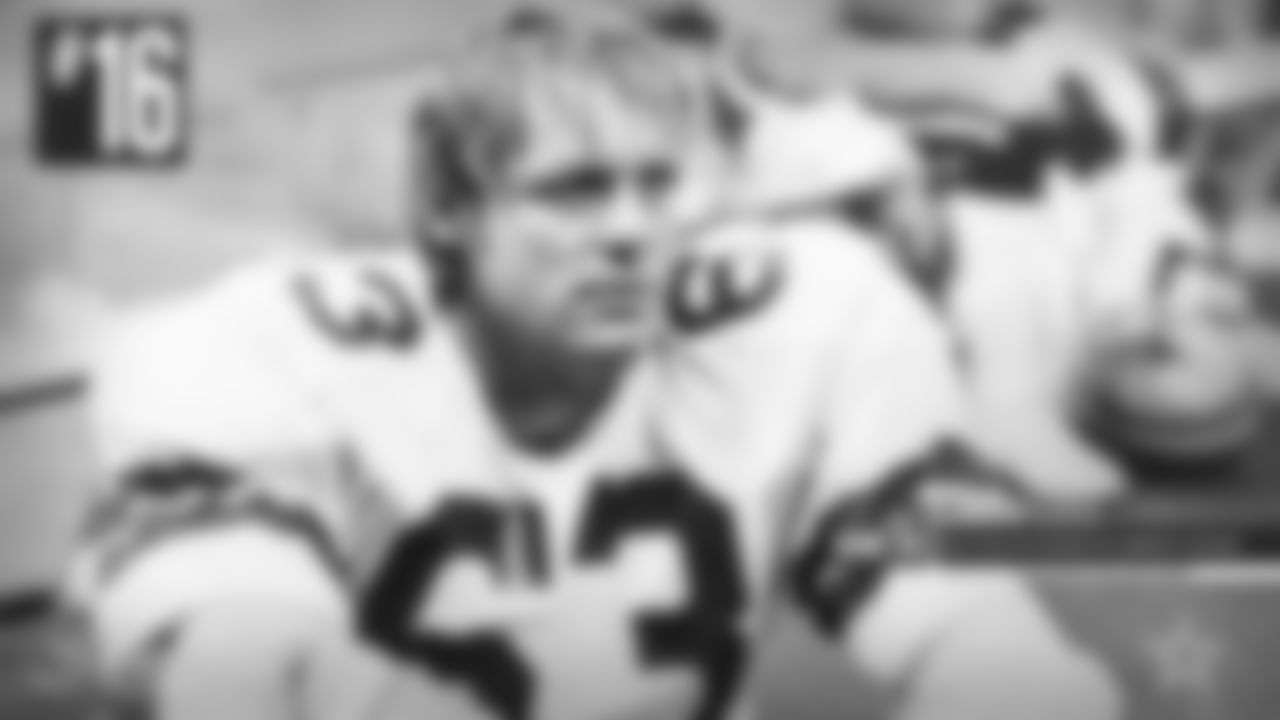
Round 16 – Larry Cole (1968): This has to be among the greatest draft picks in team history. Originally hailing from Minnesota, Cole was the first player ever drafted out of the University of Hawaii. Over 13 seasons all spent with the Cowboys, he totaled 60 sacks, which is still 10th in team history, and appeared in 26 playoff games, ranking second in club record books. Spanning two generations of the Doomsday Defense, Cole played in five Super Bowls, winning two.
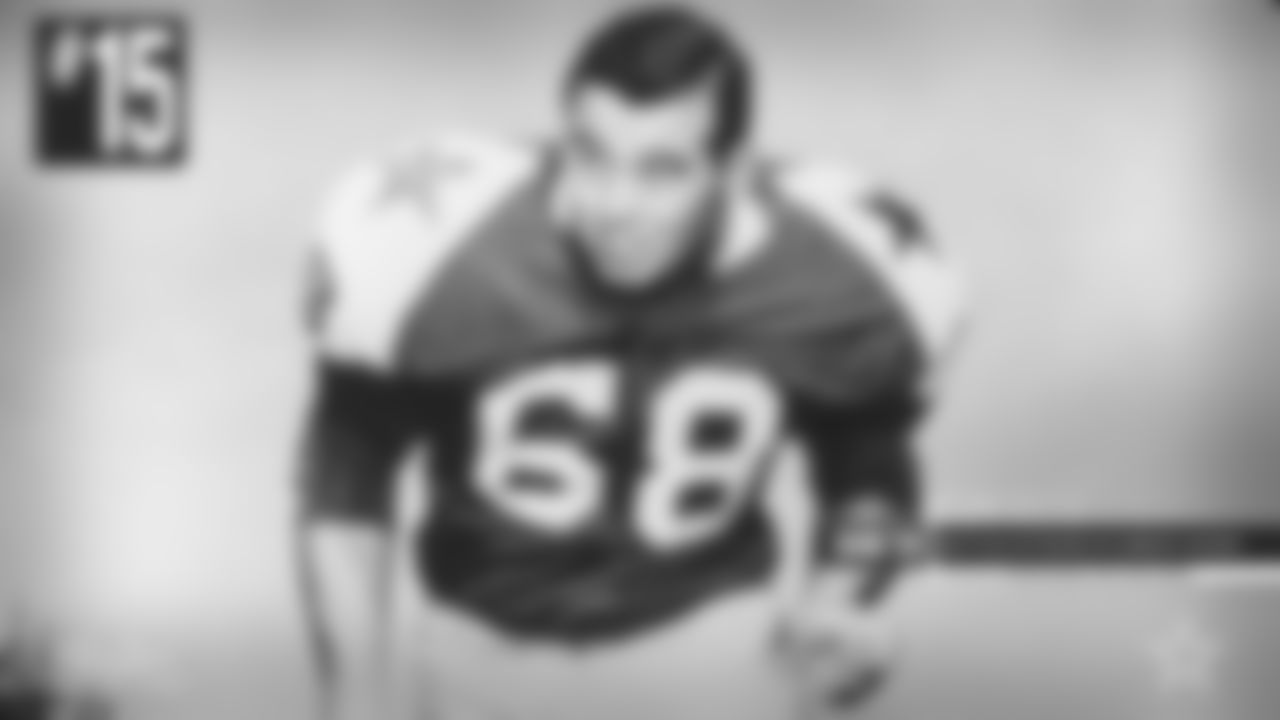
Round 15 – Guy Reese (1962): Of the 16 players the Cowboys selected in the 15th round, only two actually made the team, and Jerry Overton (1963) saw just one season before his career came to an end after breaking his leg while skiing. Reese didn't last much longer, playing two years with the Cowboys and five overall in the NFL, but he did start every game for Dallas and was named to the All-Rookie squad. Although he retired due to knee injuries following an All-American career at the University of Florida, Carlos Alvarez (1972) is believed to be the first Cuban-born player drafted by an NFL team.
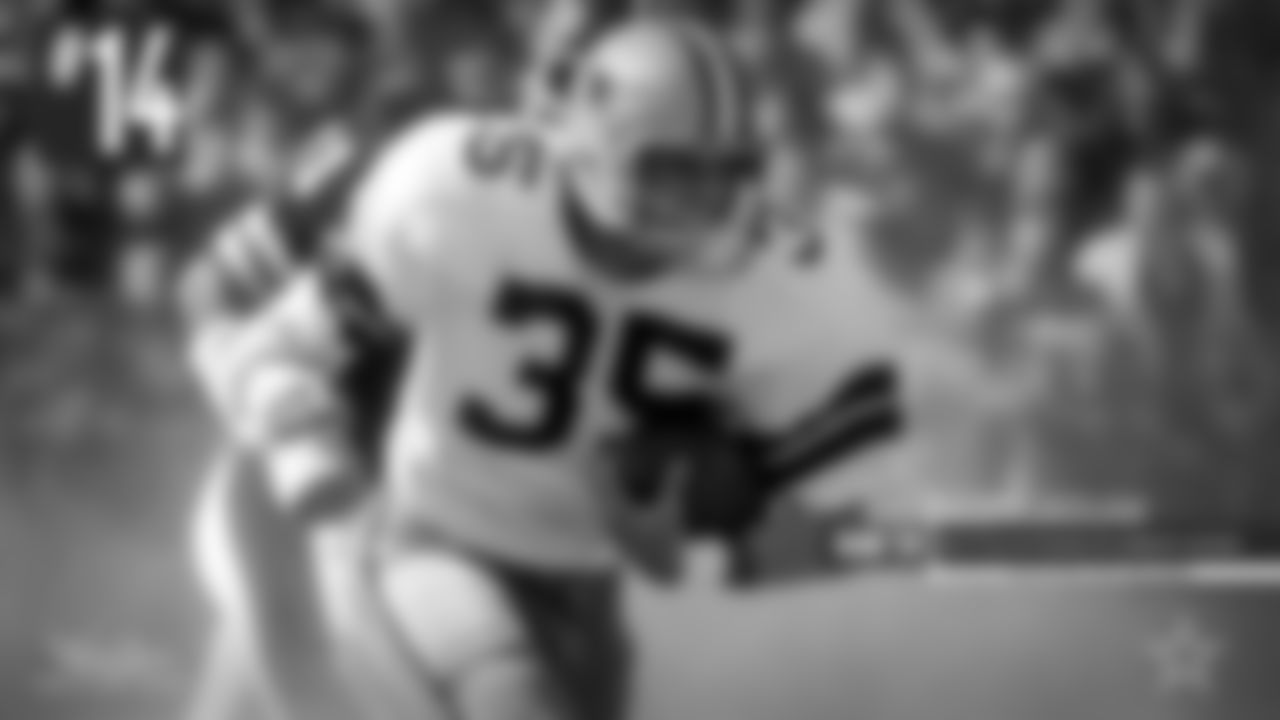
Round 14 – Scott Laidlaw (1975): Another member of the Dirty Dozen, Laidlaw was largely a backup who battled injuries throughout his career. He had his moments, though, which included 104 rushing yards and 66 more receiving yards in the 1976 season-opening victory against Philadelphia, and a 122-yard effort with two touchdowns in the 1978 Thanksgiving win over Washington.
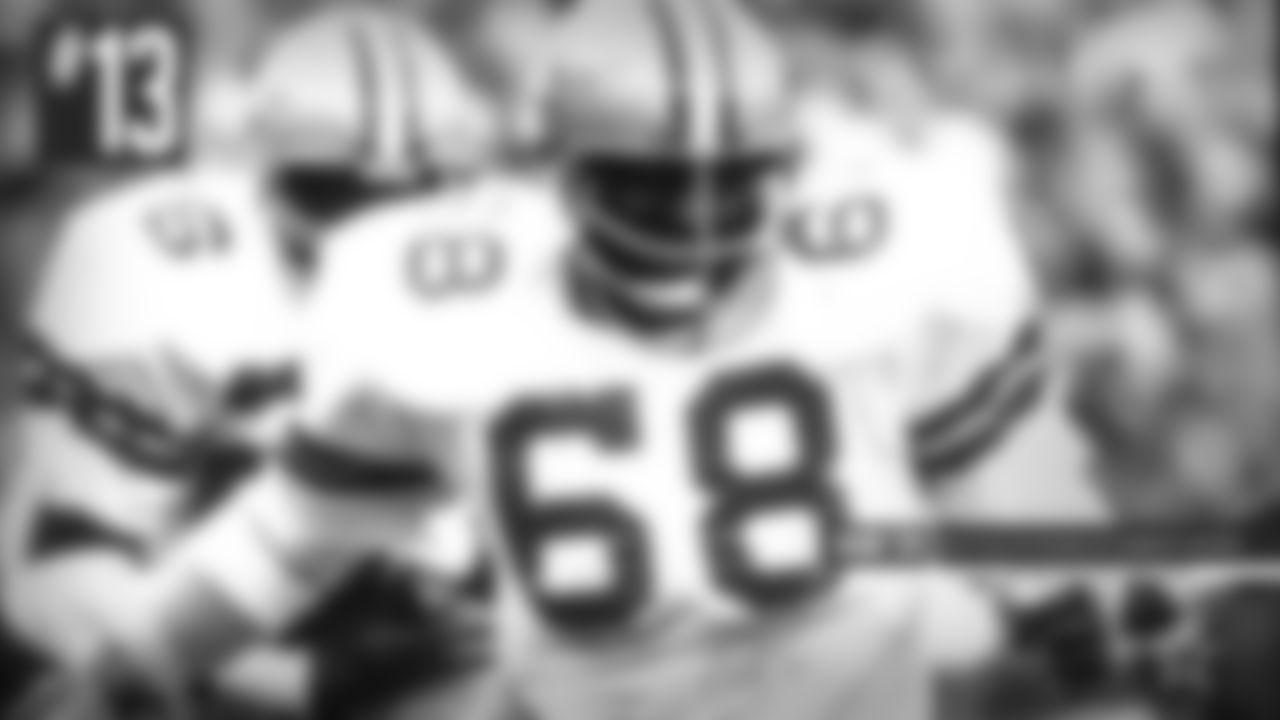
Round 13 – Herb Scott (1975): Part of the famed Dirty Dozen rookie class of 1975, Scott became the team's anchor at left guard, winning a Super Bowl in 1977 with three consecutive Pro Bowl invites from 1979-81, the final two years of that stretch also including All-Pro honors. Another consideration was Mark Washington (1970), who spent nine seasons in Dallas and still ranks among the team's top-25 all-time with 13 career interceptions.
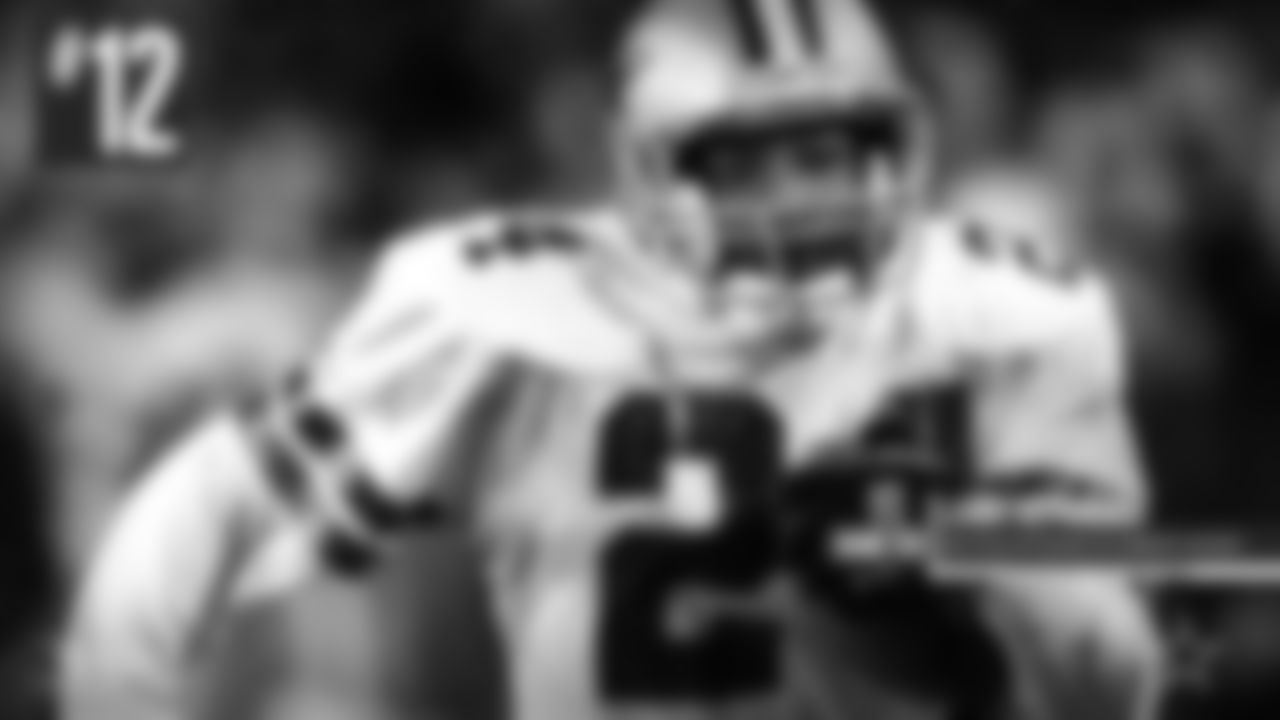
Round 12 – Larry Brown (1991): How about Carl Lewis in 1984? The Olympic hero was a case of "What might have been?" after he said no thanks to football. Probably the smart choice. But when the final round of the 1991 draft came around, head coach Jimmy Johnson reportedly said to just grab someone local. No sense spending a bunch of money on travel expenses for a guy who wasn't likely to make the roster. Talk about finding a diamond in the rough. Brown, from nearby TCU, was the perfect choice, winning three championships and earning MVP honors in Super Bowl XXX.
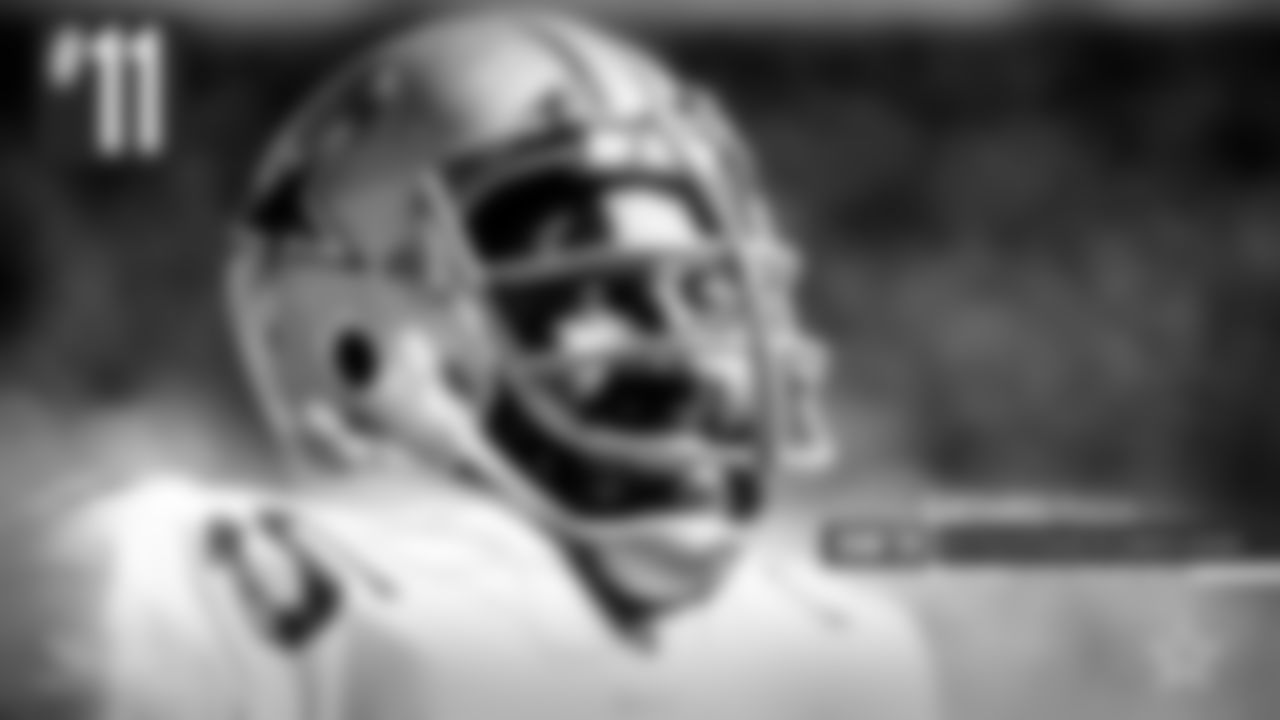
Round 11 – Jethro Pugh (1965): Dennis Thurman (1978) and Chad Hennings (1988) were considerations, but Pugh played 14 seasons with the Cowboys, went to the playoffs 12 times, made five Super Bowl appearances and won two titles. When it comes to unsung heroes on the Doomsday Defense, he was right there at the top. Oh, and in 1967 the Cowboys took a flyer in the 11th round on a basketball player out of Kentucky – future Hall of Fame NBA head coach Pat Riley.
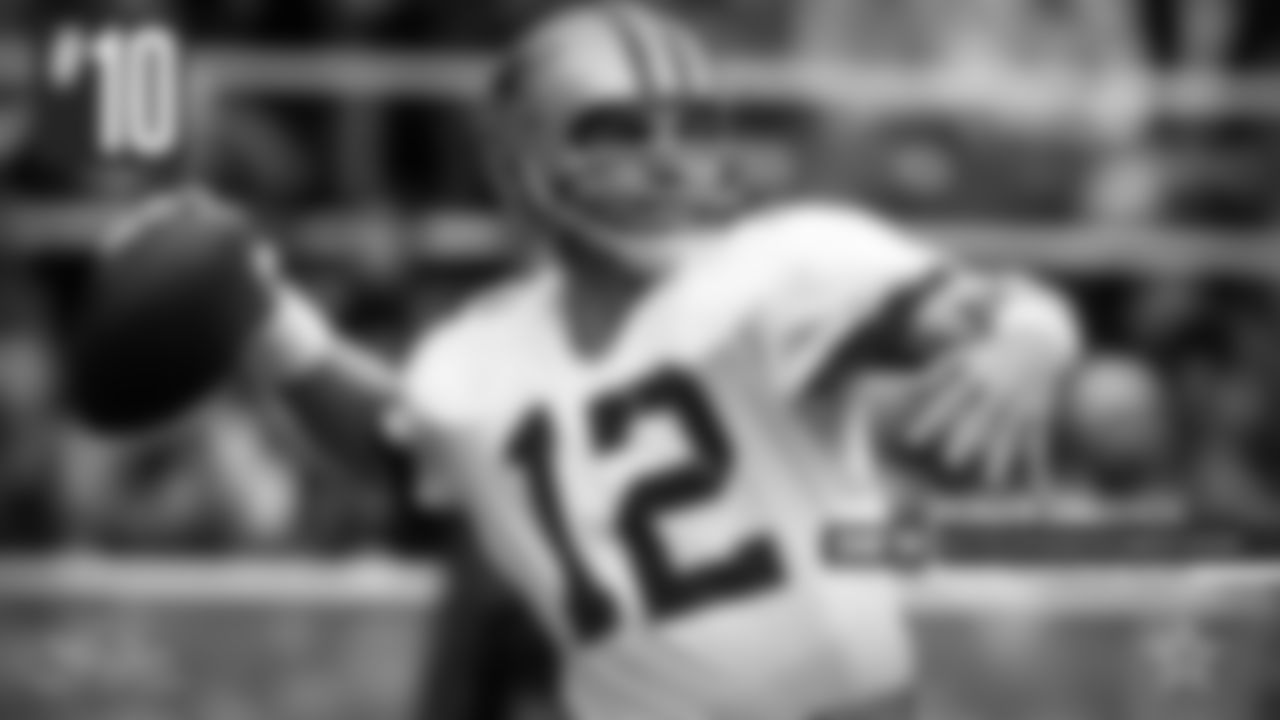
Round 10 – Roger Staubach (1964): The third Cowboys Hall of Famer selected in the 1964 draft, Staubach is on the short list of greatest players in franchise history. His string of accomplishments is lengthy, including being named to the NFL's All-Time Team, the 1970s All-Decade squad and earning the 1978 Walter Payton NFL Man of the Year Award. Interesting fun fact: Steve DeBerg was taken in the 10th round of 1977, but couldn't make the roster behind Staubach and Danny White. He went on to throw for more than 34,000 yards with six different teams over 17 NFL seasons.
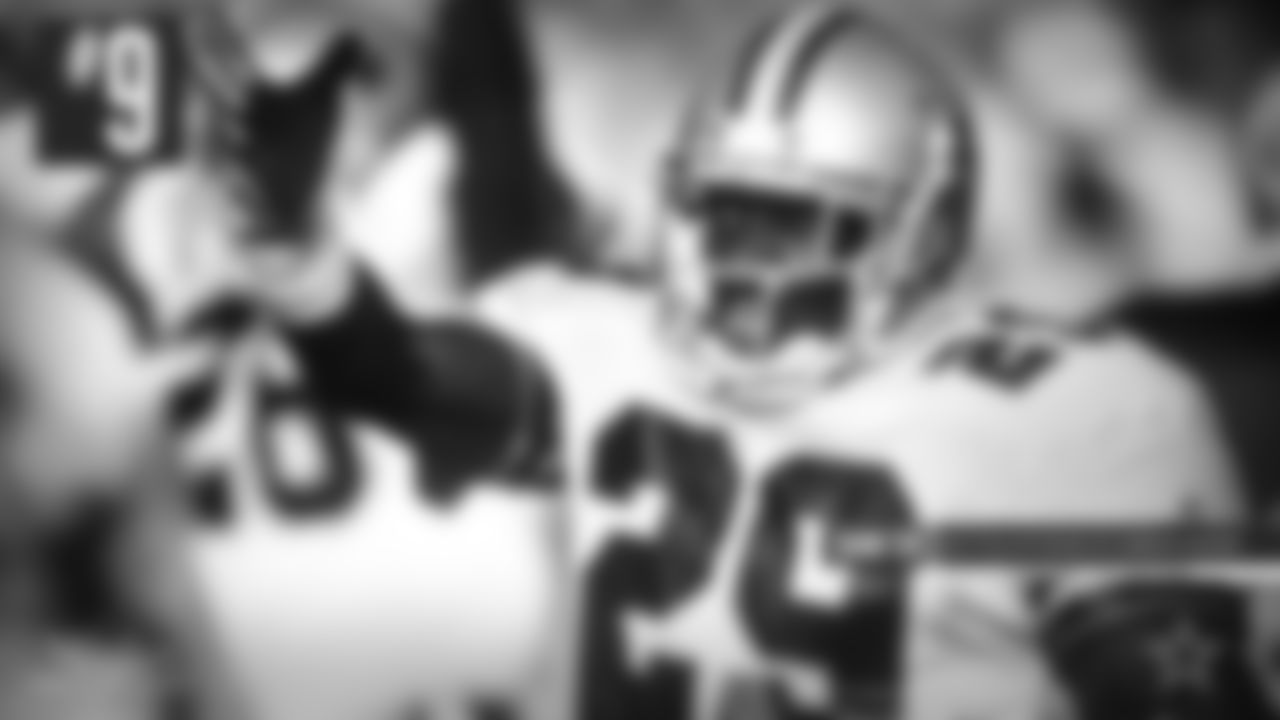
Round 9 – Kenny Gant (1990): "The Shark" was listed as a safety on the roster, but his forte was really on special teams. He averaged 15.4 special teams tackles per season, including leading the Cowboys in 1991. And despite spending only five years in Dallas, Gant still ranks fifth in team history with 77 career special teams takedowns.
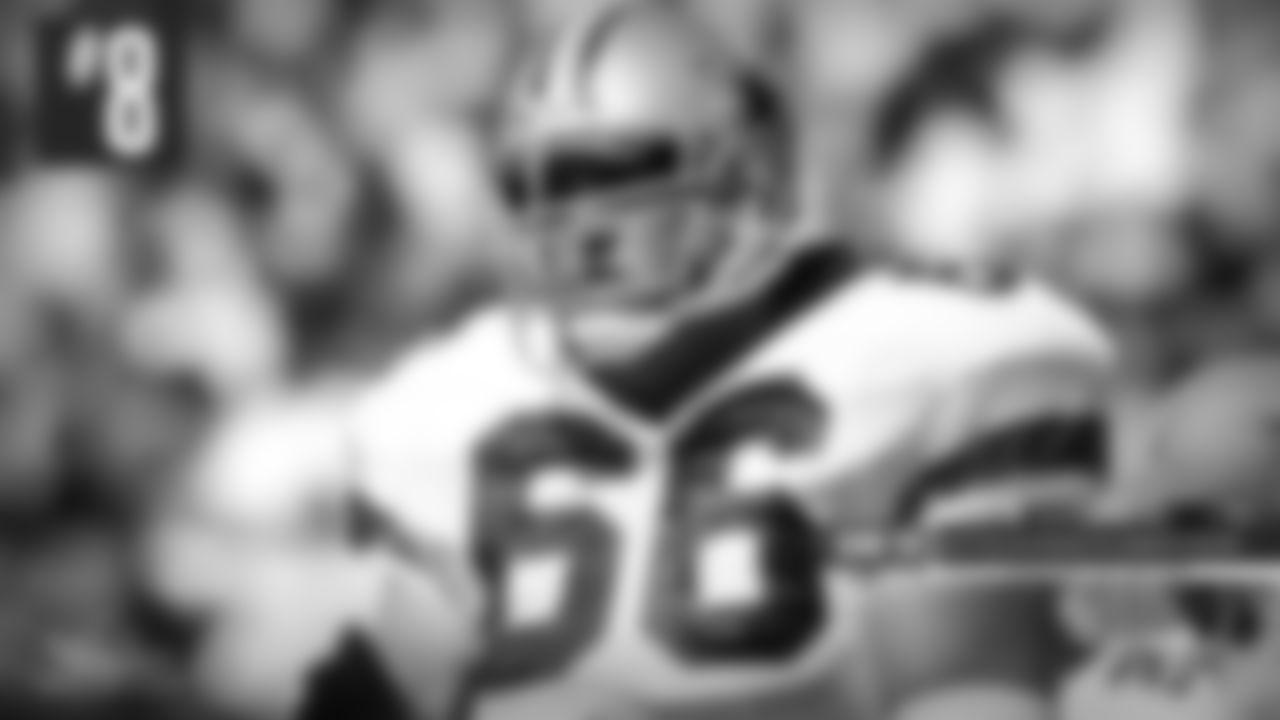
Round 8 – Kevin Gogan (1987): Perhaps there's a reason the NFL eventually reduced the draft to seven rounds, as the deserving options definitely get more scarce at this point. But Gogan did win Super Bowl titles in 1992 and 1993 as part of the Cowboys' dominating offensive line, and then earned three Pro Bowl trips after leaving the team in free agency in 1994.
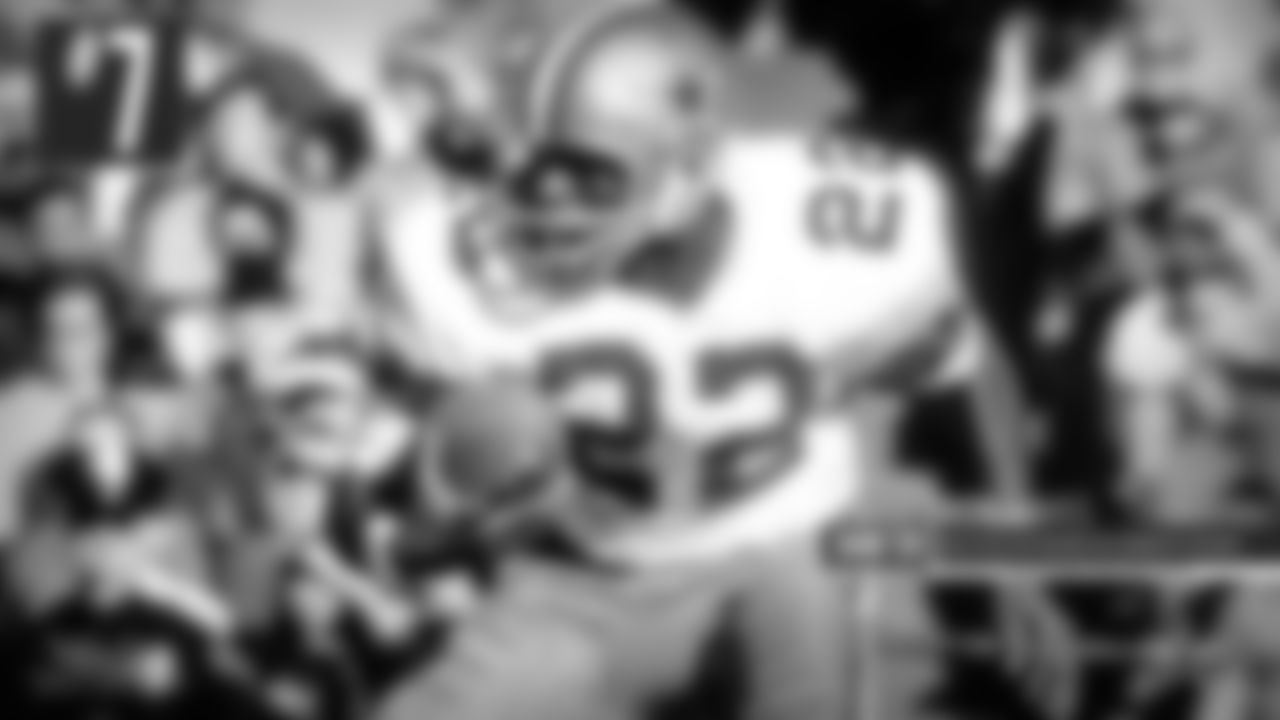
Round 7 – Bob Hayes (1964): You know it's tough when Hall of Famer Rayfield Wright (1967) doesn't make the cut as a seventh-rounder, but Hayes literally changed the game on his way to Canton. With his Olympic gold-medal speed, he surpassed 1,000 receiving yards during his rookie season, which forced defenses to come up with a new zone strategy. His career average of 20.0 yards per catch is still the team record.
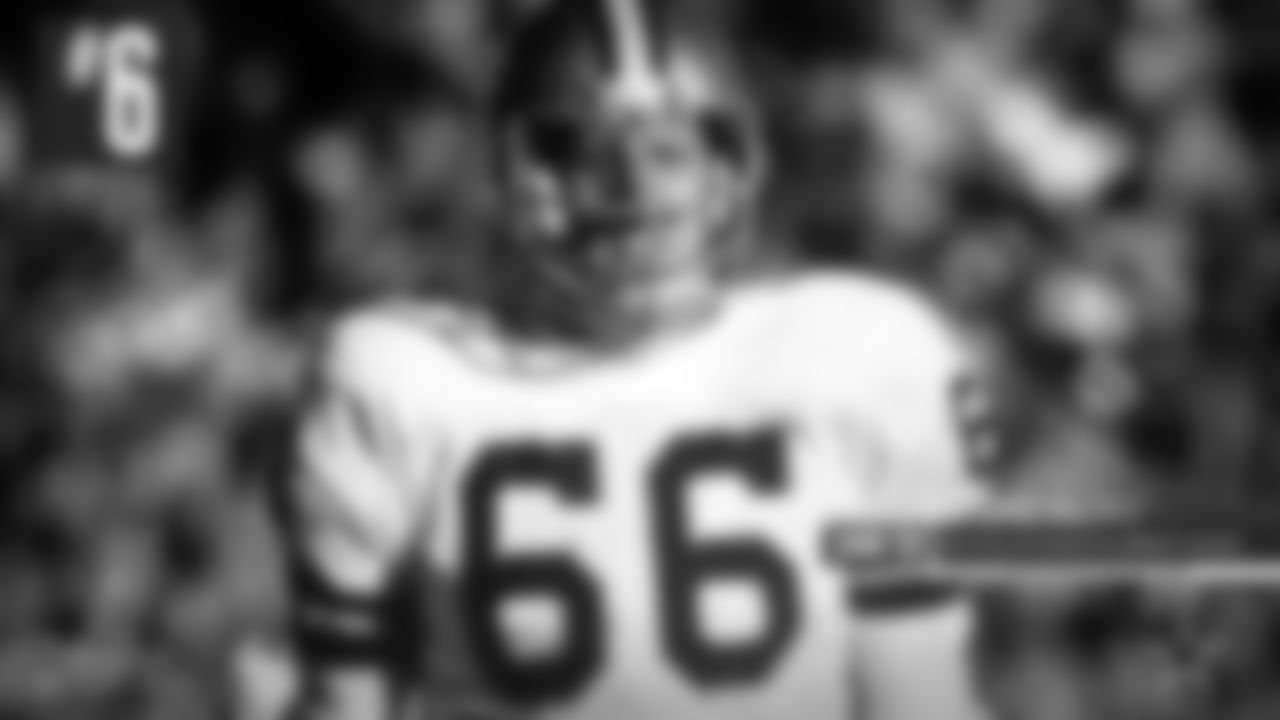
Round 6 – George Andrie (1962): Speaking of underappreciated, Tom Landry considered sixth-rounder D.D. Lewis (1968) one of the most underappreciated players in Cowboys history, having suited up for more playoff games than anyone in team annals. However, Andrie was definitely appreciated. Part of the original Doomsday Defense, he was named a Pro Bowler five times in his career and grabbed Second Team All-Pro honors in four different seasons.
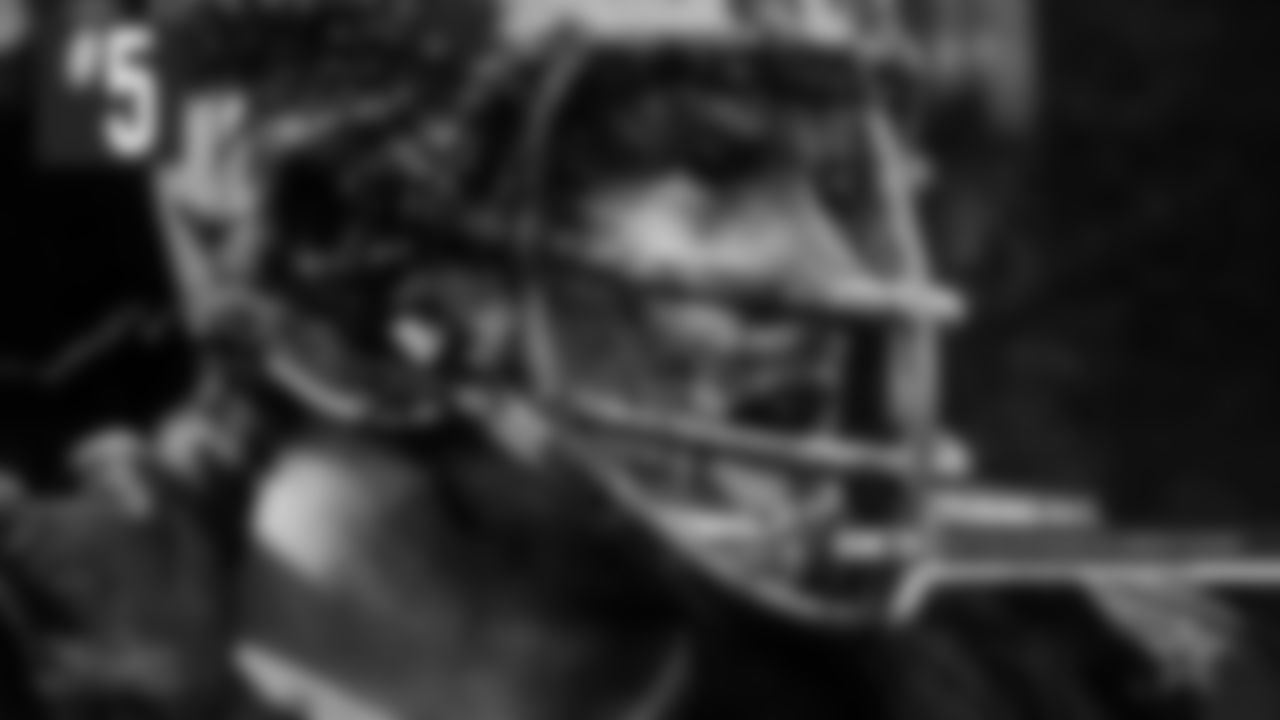
Round 5 – Blaine Nye (1968): Herschel Walker was a surprise fifth-round pick in 1985 and certainly made an impact while fellow running back Walt Garrison (1966) was a true rodeo cowboy in his spare time and was perhaps the funniest player to ever wear the Star. But Nye, who was drafted as a defensive tackle before switching to guard, is one of the more underappreciated players in team history, playing in three Super Bowls and earning two Pro Bowl honors.
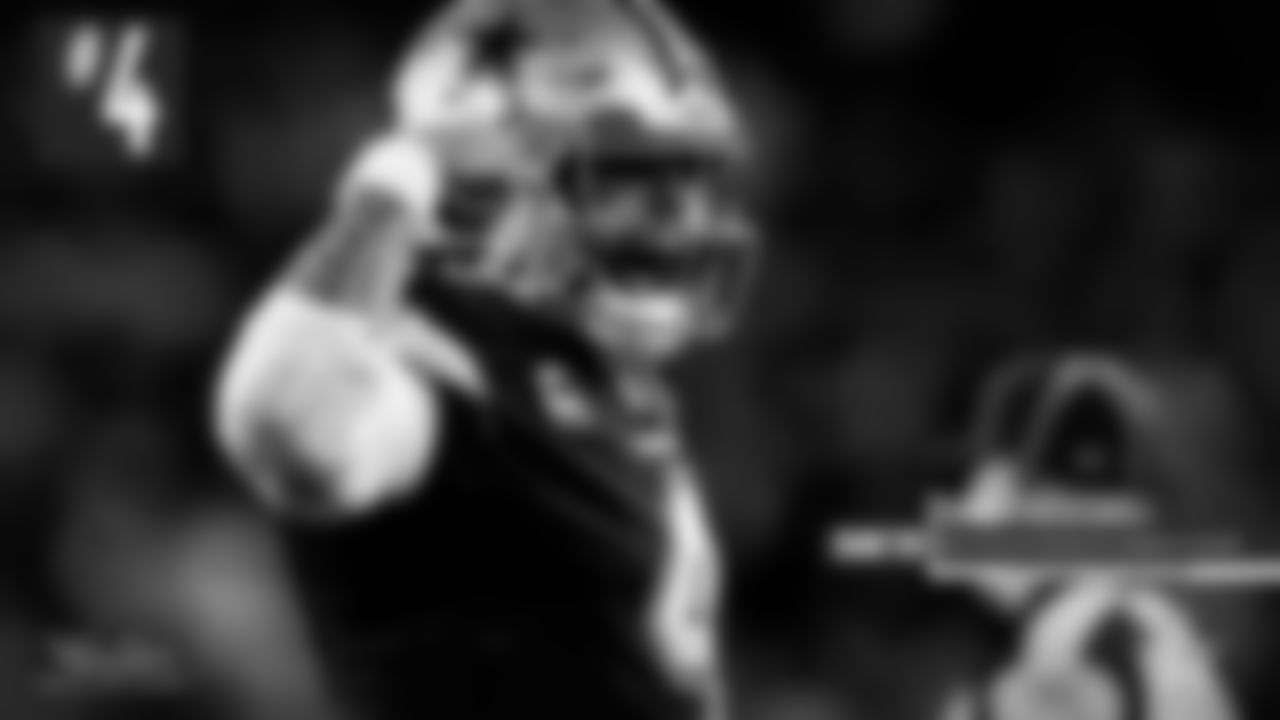
Round 4 – Dak Prescott (2016): The Cowboys' offensive line of the late 1970s was built around fourth rounders with center John Fitzgerald (1970), left tackle Pat Donovan (1975) and guard/center Tom Rafferty (1976), but Prescott was the leading choice here. After all, how often does a fourth-rounder – and the team's second in the fourth round that year, no less – become a franchise quarterback? The former Offensive Rookie of the Year added to his trophy case this last season with the 2022 Walter Payton NFL Man of the Year Award.
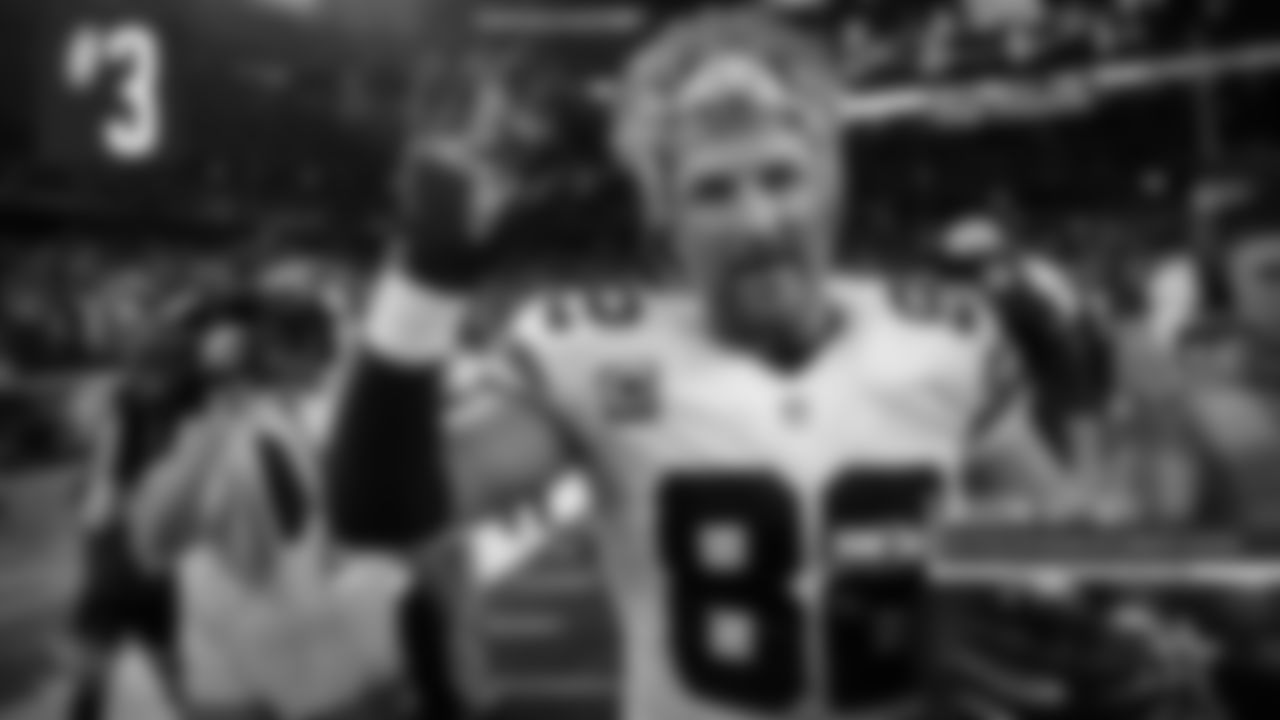
Round 3 – Jason Witten (2003): A future Hall of Famer as one of the greatest tight ends in NFL history, Witten is the Cowboys' all-time leader in games played while earning 11 Pro Bowl invites and two First Team All-Pro nods. He topped third-round Pro Bowlers Charlie Waters (1970), Harvey Martin (1973), Danny White (1974), Bob Breunig (1975), Tony Hill (1977), Doug Cosbie (1979), Mark Stepnoski (1989), Erik Williams (1991), Dexter Coakley (1997) and DeMarco Murray (2011).
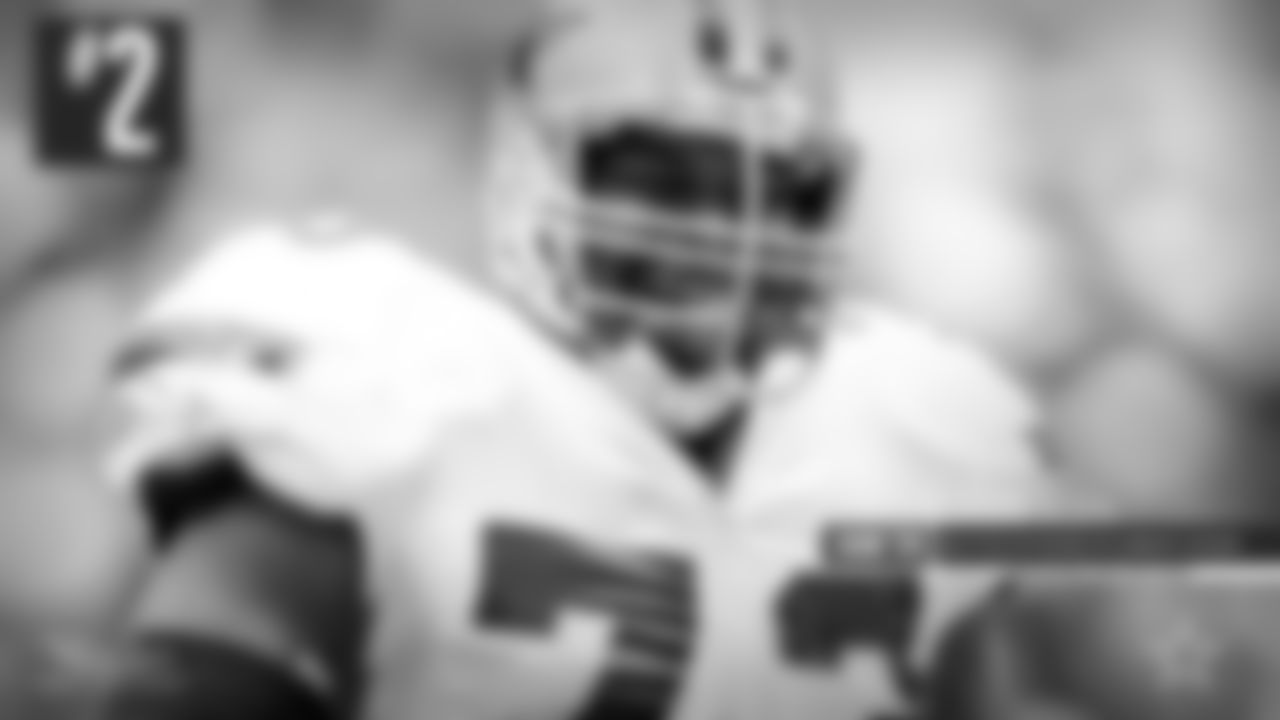
Round 2 – Larry Allen (1994): There is a solid case to be made that Mel Renfro (1964) should be the pick, having been named an All-Pro five times, earning invites to 10 Pro Bowls and winning two Super Bowls as both a cornerback and safety in the famed Doomsday Defense. But though a second-round pick, Renfro was the 17th overall player chosen in 1964, so an easy first-rounder by today's standards. Given that technicality, perhaps Allen is the better choice. One of the strongest men to ever play the game, he was snagged by Dallas out of tiny Sonoma State with the 48th overall selection and went on to total six All-Pro nods and 10 Pro Bowl trips while with the Cowboys. Allen, who was also named to both the 1990s and 2000s All-Decade Teams, joined Renfro in the Hall of Fame in 2013.
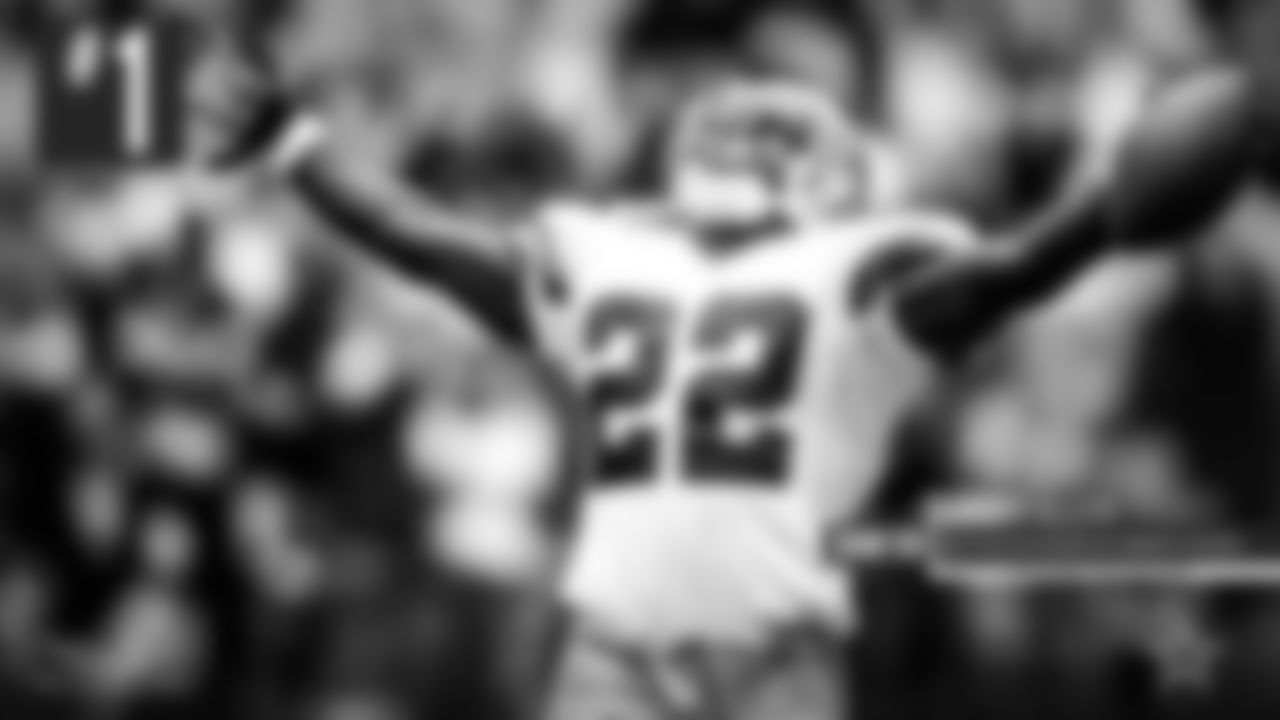
Round 1 – Emmitt Smith (1990): How do you pick just one? The Cowboys have selected seven players in the first round who are now enshrined in the Pro Football Hall of Fame: Bob Lilly (1961), Randy White (1975), Tony Dorsett (1977), Michael Irvin (1988), Troy Aikman (1989), Emmitt Smith (1990) and DeMarcus Ware (205). And there are three more who have a good chance of earning a bust in Canton eventually as well: Tyron Smith (2011), Zack Martin (2014) and, dare we say, Micah Parsons (2021)? But there has to be someone, so the choice here is Emmitt. After all, he was a league MVP, Super Bowl MVP, eight-time Pro Bowler and four-time All-Pro. And, of course, he is the NFL's all-time rushing leader, his 18,355 yards a record that is likely to never be broken. Hard to go wrong with any of the options here, but Emmitt earns the nod.



